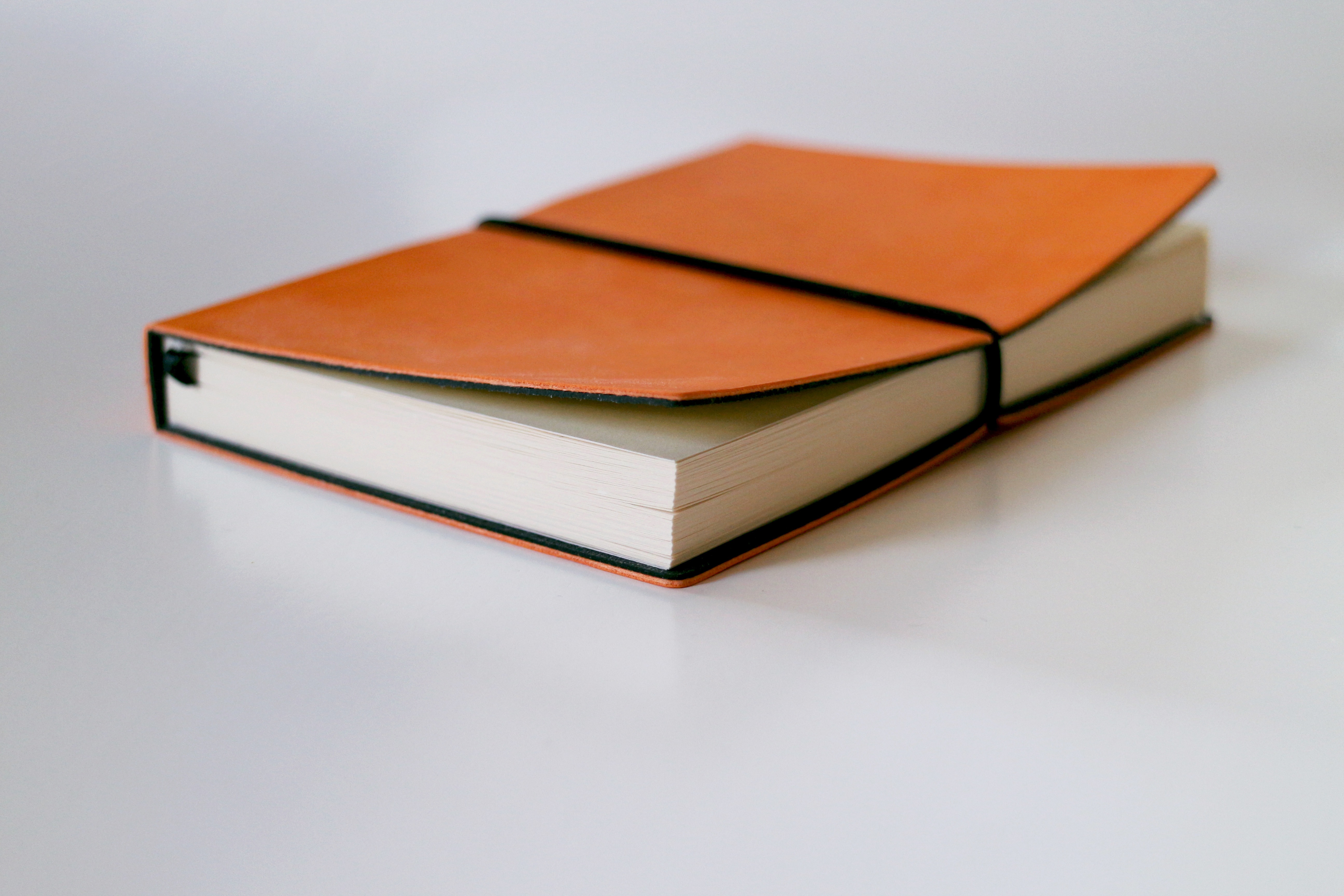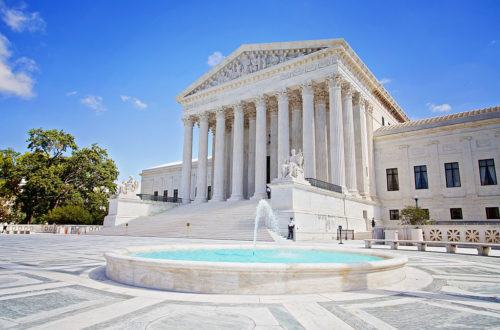Bayer’s blockbuster drug Rivaroxaban has seen its share of patent litigations in China, several of which are big enough to be listed as Top 10 IP cases or 50 Representative IP cases. We summarized an invalidation case back in 2020 where all of Bayer’s claims directed towards the compound were upheld. Recently, another Rivaroxaban case made it onto China’s 50 Representative IP cases in 2022, this time in a final judgement from the Supreme Court of an infringement case against a generic company who was marketing the patented drug before the patent expiration date. At the heart of the case is a dispute over (1) what acts by a generic…
- China, China Patent Office, CNIPA, Court Cases, Courts, Invalidation, Inventions, Patent Law, Pharma, Top 10 IP Case
- China, China Patent Office, Court Cases, Courts, Invalidation, Inventions, Patent Law, Top 10 IP Case
First ever Invalidation decision on an RNAi Invention patent in China
Decision on Examination of Request for Invalidation (No. 58530) In one of China’s Top 10 Patent Re-examination / Invalidation cases of 2022, an invalidation decision on a patent claiming Hepatitis B Virus (HBV) RNAi compositions (No. 58530) by the Patent Re-examination Board (the “Board”) sheds light on the standard for post filing data for rejections against sufficiency and inventive step, issues often faced in the biopharmaceutical field, particularly with regards to inventions with sequence listings. This case, between Alnylam Pharmaceuticals Inc. (the “Patentee”) and Zhang Yuan (the “Petitioner”), also marks the first-ever invalidation decision in China for a patent related to RNAi. RNAi has been gaining traction in the pharmaceutical…
- 48 Typical Cases, Biotech, China, China Patent Office, CNIPA, Court Cases, Inventions, Judgement Digests, Patent Law, Pharma
Inventive Step for an Enantiomer over a Racemate: “L-ornidazole” Patent Invalidation Case
Each year, China’s Supreme People’s Court (SPC) issues its annual “Judgment Digests”, which includes a list of “48 typical cases” highlighting representative SPC decisions in the previous year. The Judgment Digests help us understand more about the SPC’s judicial ideology, trial concepts, and adjudication methods in dealing with difficult and sophisticated legal issues as well as new types of IP cases in high tech fields. Despite the fact that SPC judgments are not precedentially binding on lower courts, they are still very persuasive and provide insights into the types of decisions that are considered “model decisions” by the SPC. This case was one of the 48 “typical” cases and deals…





